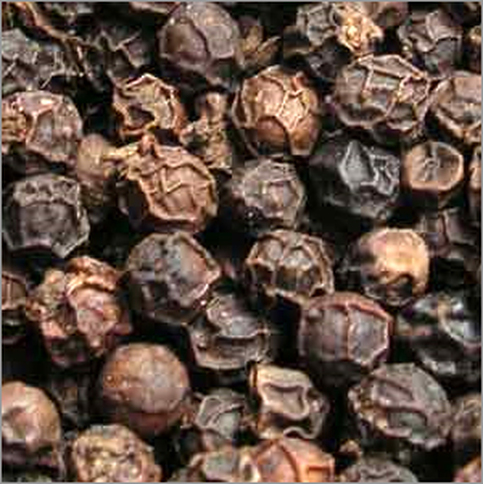
Vanadium is a trace metal found in certain foods and sold in dietary supplement form.
Although it's thought that humans may need small quantities of vanadium for certain biological functions, scientists have yet to determine whether vanadium should be considered an essential nutrient.
Health Benefits of Vanadium
Although research on the health effects of vanadium is fairly limited and dated, there's some evidence that vanadium may offer certain health benefits. Here's a look at several key study findings:
1) Diabetes
Preliminary research suggests that vanadate (a vanadium compound) may help improve the body's metabolism of blood sugar (also known as "glucose"). Additionally, some preliminary studies indicate that vanadate and other vanadium compounds may promote the movement of glucose into cells (where glucose is broken down and used for energy).
So far, very few clinical trials have tested the use of vanadium in treatment of diabetes. However, one of the few human-based studies found that vanadyl sulfate (a form of vanadium) had some beneficial effects on patients with type 2 diabetes.
Published in the journal Metabolism in 2000, the study involved 16 diabetes patients. After six weeks of treatment with vanadyl sulfate, some patients showed improvements in glucose metabolism and cholesterol levels. Still, vanadyl sulfate did not appear to fight insulin resistance or help regulate blood sugar levels.
2) Cancer
Vanadium shows promise for cancer treatment, according to a 2002 report published in Critical Reviews in Oncology/Hematology. For instance, laboratory studies on human cells demonstrate that vanadium may help promote apoptosis (a type of programmed cell death involved in stopping the spread of cancer cells). There's also some evidence that vanadium may help suppress the growth of cancerous tumors, according to the report.
Since there is currently a lack of clinical trials on vanadium's effectiveness against cancer, it's too soon to recommend vanadium for cancer treatment (or cancer prevention).
3) Bone Health
Tests on animals and human cells indicate that vanadium compounds may help promote osteogenesis (a process in which bone-forming cells lay down new bone material), according to a 2006 report published in the Canadian Journal of Physiology and Pharmacology. However, clinical data on the use of vanadium for prevention or treatment of bone disorders are currently lacking.
Common Uses for Vanadium
Vanadium is a natural remedy for a number of health conditions, including:
- anemia
- diabetes
- heart disease
- high blood pressure
- high cholesterol
- obesity
In addition, proponents claim that vanadium can treat hangovers, enhance exercise performance, and prevent cancer.
Side Effects and Safety
Little is known about the safety of taking vanadium in the long term. However, there's some evidence that vanadium may be harmful to people with certain health conditions (including disorders of the blood, respiratory system, and immune system).
In addition, some research suggests that excessive consumption of vanadium may cause damage to the liver and/or kidneys.
Given these safety concerns, it's important to seek medical advice if you're considering the use of vanadium.
Use of vanadium may trigger several side effects, including stomach pain, diarrhea, nausea, and vomiting.
Food Sources
Dill seeds and black pepper are the two top food sources of vanadium.